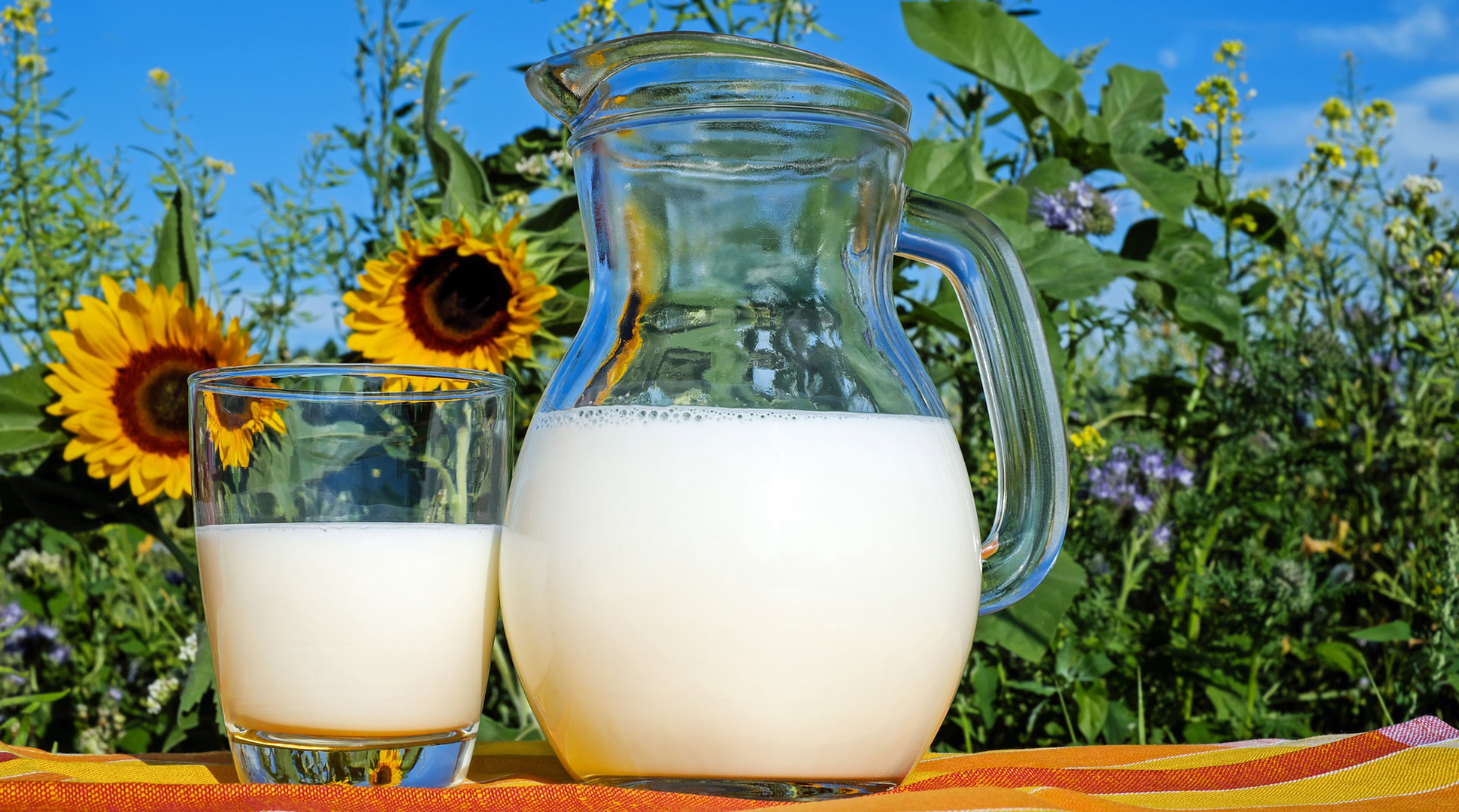by Brandon Lindstrom
I thought it was great news when North Dakota Governor Doug Burgum signed into law HB1515, which allows for raw milk sales directly from farmer to consumer. Which got me thinking: what’s the big deal with raw milk anyway?
First off, let’s get the opinion section taken care of: it really should be each individual consumer’s freedom to choose whether or not to consume raw milk or not, accepting the risks and rewards as their responsibility.
Glad we got that out of the way.
While much of the world is still apprehensive about straight-up drinking raw milk, where raw milk really shines and may be safer is in the production of dairy products, specifically cheese. Even with strict rules in the United States, raw milk is allowed in cheeses aged 60 days or more.
Remember what raw milk is: unpasteurized milk. The process of pasteurization (named after Louis Pasteur, the French scientist who invented the process) essentially blasts the milk either with really high heat for a short period of time or really low heat for longer. Our milk is…well, COOKED. The process is intended to eliminate all traces of bacteria and living organisms. It also changes flavors and proteins unique to the milk itself.
Regional cheeses are historically popular across Europe for this exact reason. Each region’s cows are raised on unique forages, and the milk from specific areas can take on very particular flavors. This is exactly why the same varieties of wine grapes can make different-tasting wine when grown in different areas. Europe even has its own system of regionally-protected “branding,” if you will. Think Champagne: only true Champagne can come from the Champagne region of France. The same system is used for other regionally unique products, such as San-Marzano tomatoes.
Pasteurization tends to dull and neutralize those unique milk flavors and standardizes the cheese flavor, making a lot of cheeses bland and boring. That being said, some cheesemakers feel the low heat for a long period of time method of pasteurization helps to hold on to some of those unique flavors.
All this really comes down to is a larger issue: Americans are super uptight (sometimes downright CRAZY) about food safety. We really do have some of the safest food in the world…to the extreme. I prefer it to be my choice if I want to have rare beef, raw tuna, or unpasteurized milk. That’s what freedom is about.
So you can say I’m a little more relaxed when it comes to food safety. I still think the best carrots are the ones you just pulled out of the garden, wiped on your pants a little bit, with just the right amount of dirt left on for seasoning.
But maybe that’s just me.
 Brandon is a former Young Farmer and Rancher Committee chair and the current Cass County Farm Bureau President. His columns appear every second Thursday of the month.
Brandon is a former Young Farmer and Rancher Committee chair and the current Cass County Farm Bureau President. His columns appear every second Thursday of the month.
